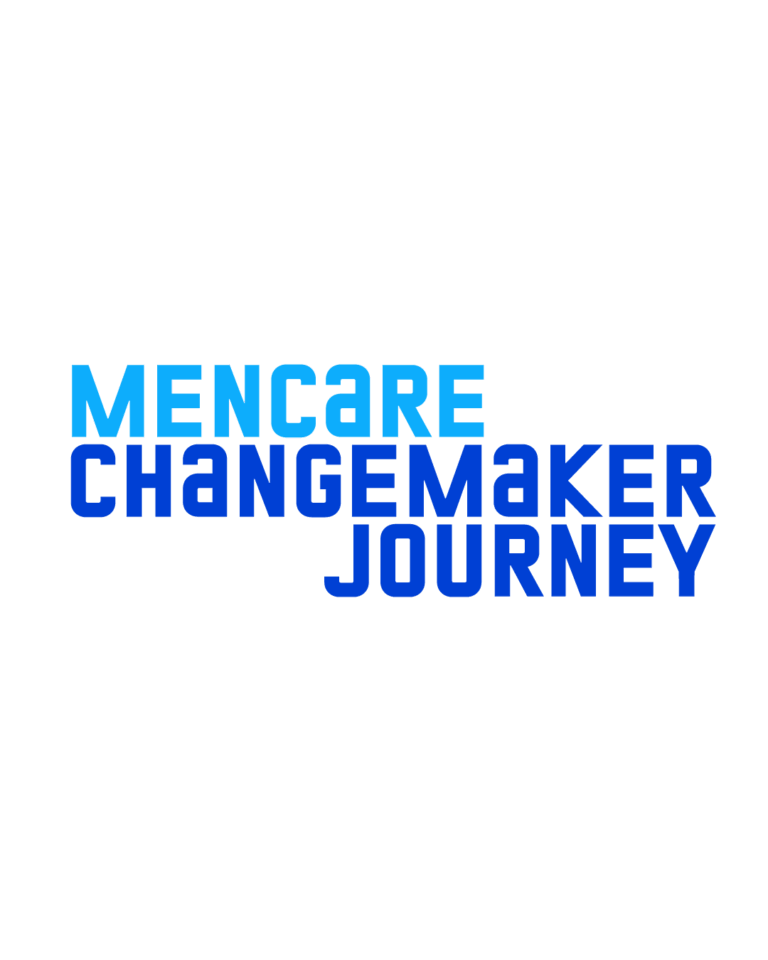Le MenCare Changemaker Journey est une initiative mondiale visant à mobiliser 100 influenceurs de premier plan du monde entier issus des entreprises, des médias, de la culture, de la société civile et du gouvernement pour trouver des solutions aux défis critiques liés aux hommes, aux garçons et aux masculinités.
GROUPES D'ACTION
Ces dernières années ont été marquées par une croissance massive des espaces en ligne à prédominance masculine, parfois appelés « manosphère ». Dans de nombreuses régions du monde, les jeunes hommes passent davantage de temps en ligne et y définissent souvent leur identité. Bien que ces comportements soient généralement inoffensifs, certains jeunes hommes sont attirés par des espaces négatifs où prolifèrent des contenus misogynes et extrémistes, de la pornographie et d'autres messages préjudiciables. Ce groupe d'action étudiera des solutions pour créer des communautés numériques intégrant des composantes prosociales, encourageant les interactions positives et remettant en question les messages préjudiciables. Il explorera les moyens de créer du contenu positif en ligne, de contrer ces contenus et de réfléchir à la manière d'impliquer les plateformes technologiques comme alliées dans la recherche de solutions.
En partenariat avec : Sécurité en ligne
Les villes et les régions étant généralement des lieux de prestation de services publics aux personnes et aux familles, elles offrent un potentiel considérable pour la diffusion de modèles de soins efficaces. Ce groupe d'action proposera des solutions pour que les collectivités locales puissent concevoir des espaces publics, des transports, des logements et des services favorisant les soins et l'implication des hommes comme aidants, ainsi que la prévention de la violence, et pour créer des communautés plus sûres et plus inclusives. Parmi les acteurs du changement de ce groupe figureront des élus municipaux qui conçoivent déjà des villes où les soins sont visibles, partagés et accessibles à tous.
En partenariat avec : Fondation Van Leer
Dans certains pays, les hommes s'opposent de plus en plus à l'égalité des sexes et sont plus enclins que les femmes à soutenir des dirigeants et des politiques autocratiques. Dans d'autres, ils se désengagent également de la vie civique et représentent la majorité des personnes engagées dans des actions extrémistes, des actions de réaction violente et des violences. Ce groupe d'action élaborera des solutions pour mobiliser les jeunes hommes de manière positive et prosociale, renforcer la vie civique, rétablir la confiance et réduire la polarisation.
En partenariat avec : Christchurch Call
La santé des hommes est encore largement absente des discussions internationales sur la santé publique, en dehors d'efforts importants, principalement dans les pays du Nord. De plus, les mauvais résultats en matière de santé des hommes et les vulnérabilités sanitaires liées au genre ont été largement considérés séparément de la santé des femmes, des enfants et d'autres groupes. Ce groupe d'action examinera les solutions liées à la santé mentale et physique des hommes et identifiera des solutions pour que les systèmes de santé puissent les soutenir. Il s'intéressera notamment à la solitude et à la stigmatisation qui dissuade les hommes de demander de l'aide, en particulier les hommes marginalisés. Plutôt que de cloisonner la santé des hommes, ce groupe se concentrera simultanément sur le rôle que les hommes peuvent jouer pour garantir que leurs proches (partenaires, parents, fils, filles et leur communauté dans son ensemble) puissent accéder au soutien sanitaire dont ils ont tant besoin. Parmi les défis à relever : comment attirer l'attention nécessaire sur la santé des hommes tout en les impliquant comme alliés pour la santé de tous ?
En partenariat avec : Global Action for Men’s Health
Les lieux de travail jouent un rôle majeur dans le soutien ou l'entrave des politiques d'égalité des sexes et de soins, ainsi que dans la promotion ou l'entrave des idées positives sur la masculinité. Ce groupe identifiera des solutions qui mobiliseront les entreprises, les syndicats et les agences gouvernementales concernées. Il s'agira également de solutions tenant compte d'un environnement mondial en constante évolution, parfois même à distance, et d'aborder les implications de l'intelligence artificielle et de l'automatisation.
En partenariat avec : Coalition des champions du changement
Partout dans le monde, les hommes continuent de ne pas assumer une part équitable des soins directs aux enfants, aux personnes âgées et à d'autres personnes, en raison d'une combinaison de lacunes politiques, de pauvreté et de normes sociales. La campagne mondiale MenCare, menée par Equimundo, œuvre à l'échelle mondiale pour promouvoir des politiques de soins favorisant l'engagement des hommes, parallèlement à des politiques de soins nécessaires soutenant les femmes aidantes. Rassemblant la plus grande plateforme mondiale de plaidoyer féministe en matière de soins, ce groupe examinera les obstacles à l'avancement des politiques de soins et les moyens d'impliquer pleinement les hommes dans ces politiques.
En partenariat avec : Alianza Global por los Cuidados (Alliance mondiale pour les soins)
Dans plus de 100 pays à travers le monde, les garçons accusent un retard par rapport aux filles. Si certains pays cherchent des solutions sexospécifiques pour remédier au désengagement des garçons en matière d'éducation – et s'inspirent des efforts déployés pour améliorer l'éducation des filles –, le débat mondial reste limité. Quelles sont les solutions efficaces pour aider les garçons à rester scolarisés et à s'épanouir ? Et comment ces efforts peuvent-ils éviter une approche à somme nulle en matière de soutien aux filles à l'école ?
En partenariat avec : Institut américain pour les garçons et les hommes

